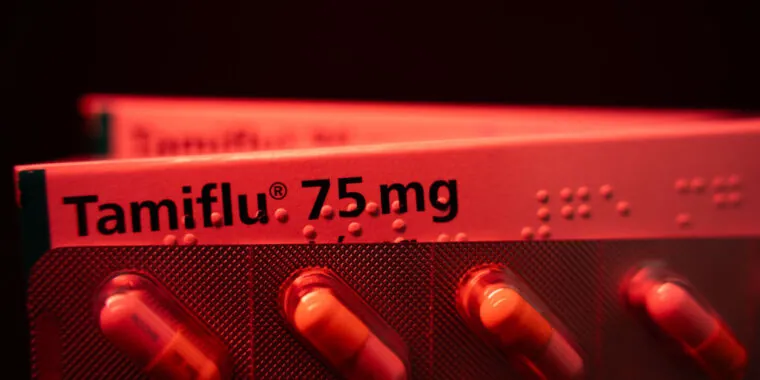
Revolutionary Combination Therapy Offers New Hope for Advanced Bladder Cancer Patients
2024-09-30
Revolutionary Combination Therapy Offers New Hope for Advanced Bladder Cancer Patients
In groundbreaking research from the University of Chicago Medicine Comprehensive Cancer Center, experts have revealed that a novel combination treatment using a fibroblast growth factor receptor (FGFR) inhibitor alongside a programmed cell death ligand 1 (PD-L1) inhibitor has shown promise in the battle against locally advanced or metastatic bladder cancer in patients who are ineligible for cisplatin. The significant findings of the global FORT-2 trial were recently highlighted in JAMA Oncology.
Dr. Randy Sweis, the lead author and Assistant Professor at the University of Chicago Medicine, emphasized the long-standing challenge of immunotherapy, stating, "While immunotherapy has been effective for a subset of bladder cancer patients, response rates have historically been disappointingly low, rarely surpassing 25%. Our primary objective remains uncovering the mechanisms behind the resistance to such treatments."
Key to this breakthrough is the understanding of the tumor microenvironment (TME), which critically influences patient response to immunotherapy. Tumors exhibiting a T-cell-inflamed microenvironment—characterized by the presence of CD8+ T cells and specific chemokines—tend to respond favorably to immunotherapeutic strategies and show better survival rates. In particular, enhanced T cell presence in urothelial bladder cancer correlates with improved patient outcomes.
Interestingly, FGFR mutations are often linked to the inception and advancement of bladder cancer. Sweis recalled, "Our 2016 research established that tumors with FGFR3 mutations lack T cell infiltration. This led naturally to the hypothesis that inhibiting the FGFR pathway might render more patients responsive to immunotherapy."
The FORT-2 trial represents a major step forward, involving 30 centers across Asia, Europe, and North America. As a phase 1b nonrandomized clinical trial, it stands as the first of its kind to assess the safety and dosage tolerance of the FGFR inhibitor in tandem with a PD-L1 inhibitor for patients suffering from advanced urothelial cancer with high FGFR mRNA expression. Between May 2018 and July 2021, 37 patients were enrolled in this pivotal study.
Remarkably, the trial revealed that through measuring FGFR mRNA gene expression, it was determined that half of the tumors exhibited activated FGFR pathways. Prior studies, which only examined FGFR DNA mutations, indicated this was merely observed in about 15% of cases, underscoring that measuring FGFR overexpression captures a broader range of patients where the pathway is relevant.
Results were compelling—whereas previous individual treatments with atezolizumab (a PD-L1 inhibitor) and rogaratinib (an FGFR inhibitor) showed response rates of 23% and 21%, respectively, the combination treatment led to a striking response rate of 54%. The time to evoke these responses was rapid, at a median of just 2.1 months, with many patients enjoying durable remissions lasting over two years.
Notably, the treatment's efficacy was observed even among patients who tested negative for PD-L1 expression and lacked FGFR3 gene alterations, highlighting that positive outcomes were independent of these factors.
Dr. Sweis added that next-generation FGFR inhibitors are currently in development, with the expectation that they will further improve tolerability and effectiveness when used alongside PD-L1 inhibitors, potentially offering patients even better options with minimized side effects.
The comprehensive study, titled "Rogaratinib Plus Atezolizumab in Cisplatin-Ineligible Patients With FGFR RNA-Overexpressing Urothelial Cancer – The FORT-2 Phase 1b Nonrandomized Clinical Trial," received funding from Bayer and additional support from the National Cancer Institute.
With the encouraging results from this trial, the future of advanced bladder cancer treatment looks brighter, offering renewed hope for patients facing this challenging diagnosis.



 Brasil (PT)
Brasil (PT)
 Canada (EN)
Canada (EN)
 Chile (ES)
Chile (ES)
 España (ES)
España (ES)
 France (FR)
France (FR)
 Hong Kong (EN)
Hong Kong (EN)
 Italia (IT)
Italia (IT)
 日本 (JA)
日本 (JA)
 Magyarország (HU)
Magyarország (HU)
 Norge (NO)
Norge (NO)
 Polska (PL)
Polska (PL)
 Schweiz (DE)
Schweiz (DE)
 Singapore (EN)
Singapore (EN)
 Sverige (SV)
Sverige (SV)
 Suomi (FI)
Suomi (FI)
 Türkiye (TR)
Türkiye (TR)